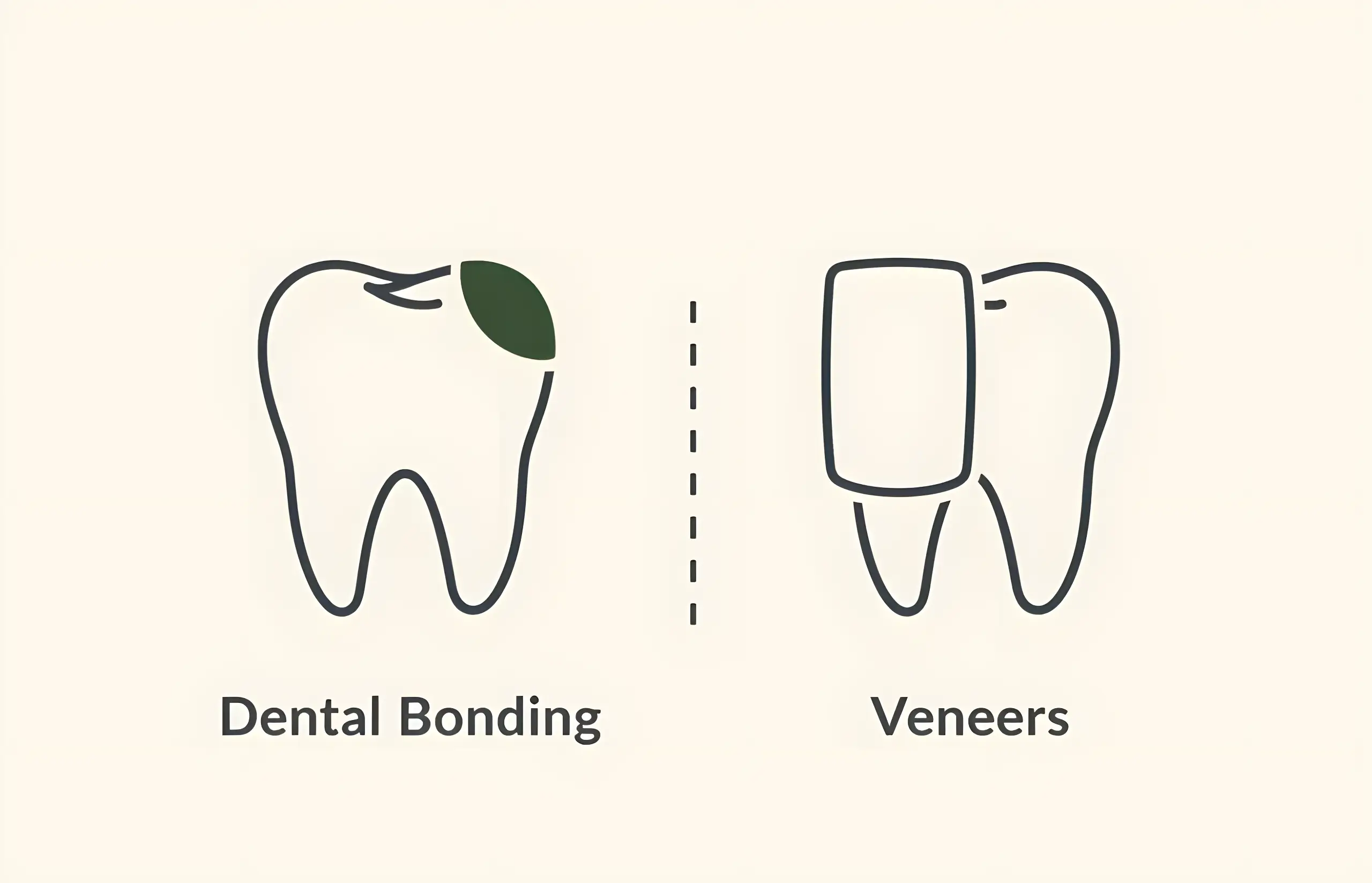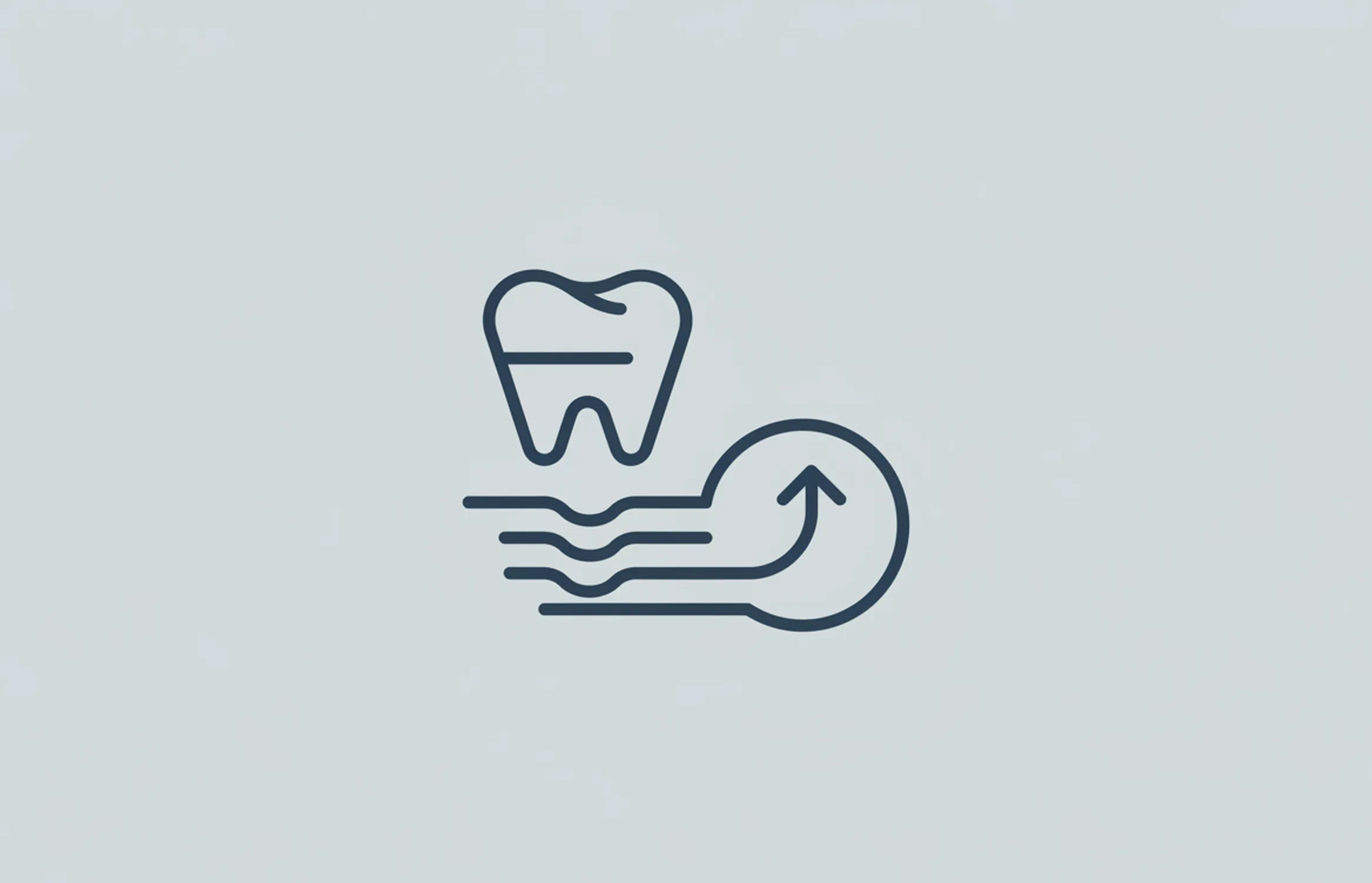Sometimes, having proper coverage for your dental care is the only way to make it affordable. With that in mind, does Medicaid cover veneers? Here's what you should know about this topic, as well as some alternative treatments to consider.
Will Medicaid Cover Veneers?
That depends on a variety of factors. Medicaid coverage is not the same in all states, so there are no universal answers to this. You'll need to check the rules for your state and continue monitoring them over time in case they change.
However, in states where coverage is allowed, Medicaid usually covers veneers when they are medically necessary. This means care arising from non-biting accidents, injury, tooth decay, disease, or care considered integral to providing other qualified services.
So, does Medicaid cover veneers for cosmetic purposes? No. Cosmetic uses of veneers include things like making your teeth look straighter or whiter. Medicaid seldom covers procedures done for aesthetic reasons, so veneers are rarely an option.
Depending on your situation, you may be able to get veneers through supplemental dental insurance on top of a Medicaid plan. Alternatively, you may save up and buy the veneers outright, which bypasses all of Medicaid's limits on the procedure.
For more information on coverage in your state, visit the official Medicaid dental benefits website.
Alternative Treatments
If you can't get veneers through Medicaid, here are some alternative treatments.
Alternative #1: Teeth Whitening
Teeth whitening is an affordable cosmetic procedure that helps rapidly whiten your teeth. This is an excellent alternative to veneers if your main focus is your teeth's appearance, rather than any medical need.
In this process, dentists use select chemical products to break apart the molecules causing discoloration in your teeth. This procedure is available in both take-home products and at your dentist's office, but dentists use more potent products that will significantly impact your smile.
Store-bought whitening products are among the least effective, although they can be a reasonable choice if you only want to whiten your smile by one or two shades.
Alternative #2: Dental Bonding
Dental bonding is a procedure for patients who don't have enough enamel on their teeth, as well as those who don't want to alter the structure of their teeth. In this procedure, dentists put composite resin onto the front of your teeth, then shape and polish it until it's practically indistinguishable from the normal tooth.
This is similar to creating a filling, but dental bonding is also useful for adding structure to chipped or damaged teeth. It's also less expensive than veneers are, though it doesn't offer quite the same reflective qualities as porcelain can provide.
Alternative #3: Orthodontics
While veneers are a popular choice for concealing small misalignments, they can't help if your teeth are too far out of position. If your teeth are extremely out of alignment, orthodontic treatment is usually the best option.
Standard orthodontics options include traditional braces and clear aligner trays that can gradually nudge your teeth into position. In some cases, accelerated systems can move all of your teeth into place over a few months, but most patients are not candidates for this type of treatment.
Sources and References
-
[1]
Medicaid Adult Dental Benefits and Oral Health of Low-Income Older AdultsJournal of the American Dental Associationhttps://pmc.ncbi.nlm.nih.gov/articles/PMC8330417/
-
[2]
Impact of Medicaid Dental Coverage Expansion on Self-reported Tooth Loss in Low-Income AdultsJournal of the American Dental Associationhttps://pmc.ncbi.nlm.nih.gov/articles/PMC9427673/
-
[3]
Dental Outcomes After Medicaid Insurance Coverage Expansion Under the Affordable Care ActJournal of Public Health Dentistryhttps://pubmed.ncbi.nlm.nih.gov/34591107/
-
[4]
Medicaid Coverage of Adult Dental ServicesMACPAChttps://www.macpac.gov/publication/medicaid-coverage-of-adult-dental-services/
All sources accessed and verified on . Medical information reviewed for accuracy and compliance with current guidelines.
Related Articles

How Much Do Adult Braces Cost?
Comprehensive Cost Analysis (£1,500-£10,000 Range, 59% Out-of-Pocket, 6.31 Months Shorter with Aligners)

Alternatives to Veneers
Comprehensive guide to cosmetic dentistry alternatives to veneers, including teeth whitening, microabrasion, orthodontics, tooth recontouring, and dental bonding

Are Veneers Bad for Your Teeth?
Comprehensive guide to how veneers affect your teeth, including enamel removal, long-term effects, proper placement, and important considerations

A Guide to Composite Resin Veneers
Comprehensive information about composite resin veneers, including their uses, procedure, longevity, and how they compare to porcelain veneers

How Much Do Composite Veneers Cost?
A comprehensive guide to composite veneer costs, comparing prices with porcelain veneers and understanding what affects the price

Dental Bonding v Veneers
Complete comparison guide covering porcelain veneers versus dental bonding including success rates, longevity statistics, costs, treatment duration, and choosing the right option

No Prep Veneers – Costs and Information
Complete guide to no-prep veneers including Lumineers and Vivaneers, covering costs, benefits, who can have them, and how they compare to traditional veneers

Press On Veneers – Costs and Information
Learn about snap-on veneers including costs, how they work, longevity, care instructions, and whether they're a worthwhile alternative to permanent veneers

What is the Cost to Repair Chipped, Cracked, or Broken Teeth?
Comprehensive guide to tooth damage repair costs in the UK: NHS Band 1 (£22.70) for minor chips, Band 2 (£62.10) for fillings/root canals, Band 3 (£269.30) for crowns/veneers, with treatment success rates and prevention strategies

Teeth Whitening Cost and Information
Comprehensive guide to professional and at-home teeth whitening options, comparing costs (£10-£1500), effectiveness, safety, and treatment methods including laser whitening, bleaching gels, and whitening strips
About The Dental Guide
The Dental Guide is a trusted online resource providing evidence-based information about dental health, treatments, and procedures. Our content is created and reviewed by qualified dental professionals to help you make informed decisions about your oral health.
Our Mission
- Evidence-based dental information
- Expert-reviewed content
- Clear, accessible explanations
- Latest treatment options
- Patient-focused guidance
Editorial Standards
- GDC-registered dental professionals
- Peer-reviewed sources
- Regular content updates
- Medical accuracy verification
- Transparent authorship
Important Notice
The information on The Dental Guide is for educational purposes only and should not replace professional dental advice. Always consult with a qualified dentist for diagnosis and treatment recommendations tailored to your individual needs and circumstances.
Medically Reviewed
Reviewed by Dr. Nasim Mechoui , BDS (Bristol)
Share this article
Comments & Discussion
Have questions about dental implants? Share your thoughts or experiences.
